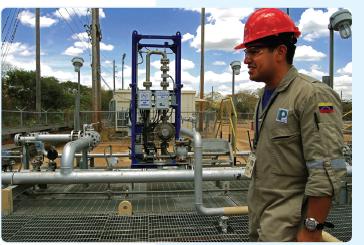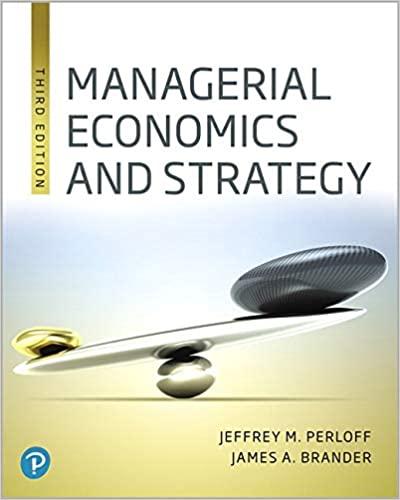Based on the Mini-Case Venezuelan Nationalization, if Venezuela ultimately pays nothing to Exxon in direct compensation, would
Question:
Based on the Mini-Case “Venezuelan Nationalization,” if Venezuela ultimately pays nothing to Exxon in direct compensation, would that mean that Venezuela’s partial expropriation of Exxon assets was a success? Explain.
Venezuelan Nationalization
In the 1990s, private oil companies were permitted to invest in a joint venture agreement with Venezuela’s state-owned oil company Petroleos de Venezuela S.A. (PDVSA), which had a minority share. Mobil (now ExxonMobil), Chevron-Texaco (now Chevron), Statoil, ConocoPhillips, and BP invested in the Orinoco Oil Belt in eastern Venezuela, which is thought to contain the world’s largest reserves of extra-heavy oil. Their plants convert the heavy crude to lighter crude oil.
When these companies first invested in Venezuela, they were given various promises about how they would be treated. However, soon thereafter, newly elected President Hugo Chavez started nationalizing investments by oil companies and other businesses. In 2007, President Chavez announced that Venezuela was partially nationalizing the Orinoco Oil Belt, substantially reducing foreign oil companies’ ownership shares, with PDVSA gaining a minimum of 60% of the shares and hence majority control. Chavez claimed that foreign oil companies were still welcome in Venezuela, but not as majority stakeholders:
“The owner will be PDVSA and the business will be in the hands of Venezuelans.”
After complaints from ExxonMobil and ConocoPhillips, the Venezuelan government ultimately agreed to go to the International Centre for Settlement of Investment Disputes (ICSID), an international arbitration panel, to determine the amount of compensation the two oil companies would receive. In 2014, the panel awarded Exxon $1.6 billion in compensation, which was much less than Exxon had demanded. This award was substantially reduced to $188 million on appeal before an ICSID appeal committee in 2017, and even this payment is subject to further legal dispute.
Regardless of whether Venezuela ever pays compensation to Exxon, Venezuela has suffered costs in foregone investment. While some firms have made investments in Venezuelan oil since the partial nationalizations, Exxon has invested heavily in neighboring Guyana and has found large oil deposits there.
Nationalization is a shortsighted policy that can destroy a nation’s reputation and prevent foreign direct investment. For example, since Fidel Castro nationalized American-owned companies in Cuba without compensation in 1960, Cuba suffered from 55 years of sanctions and no U.S. foreign investment. In 2017, Tanzania’s President Magufuli stated that he “will not hesitate to close down all the mines if companies don’t pay us what they owe us” after insisting on greatly increased payments from foreign mining companies. Several companies immediately ceased or scaled back operations.

Step by Step Answer:

Managerial Economics And Strategy
ISBN: 9780134899701
3rd Edition
Authors: Jeffrey M. Perloff, James A. Brander





